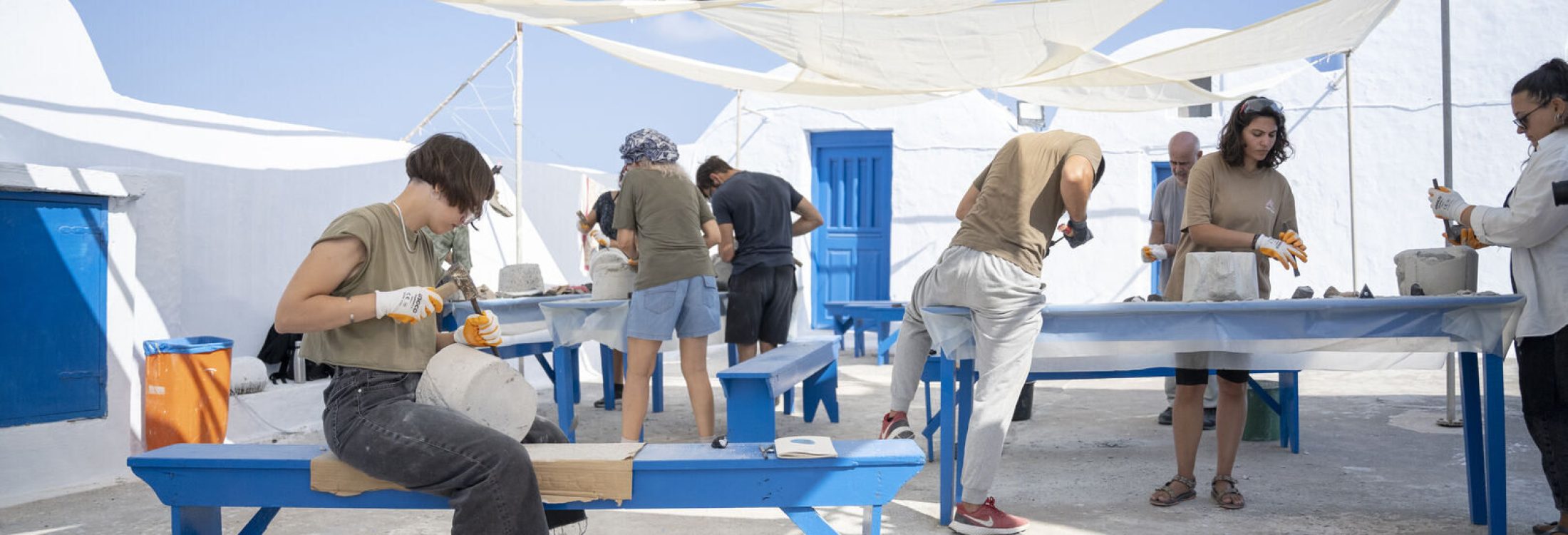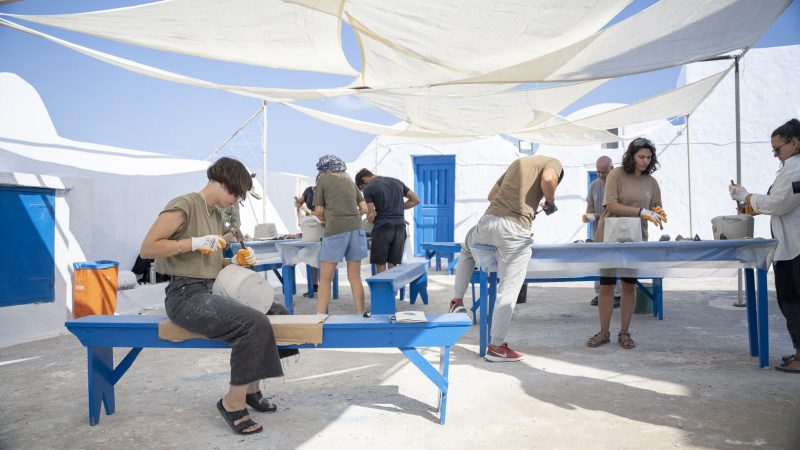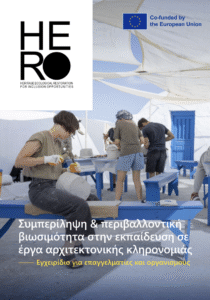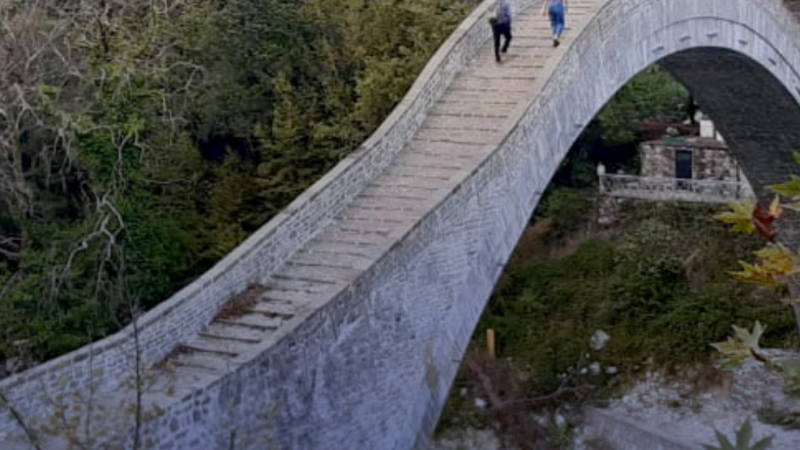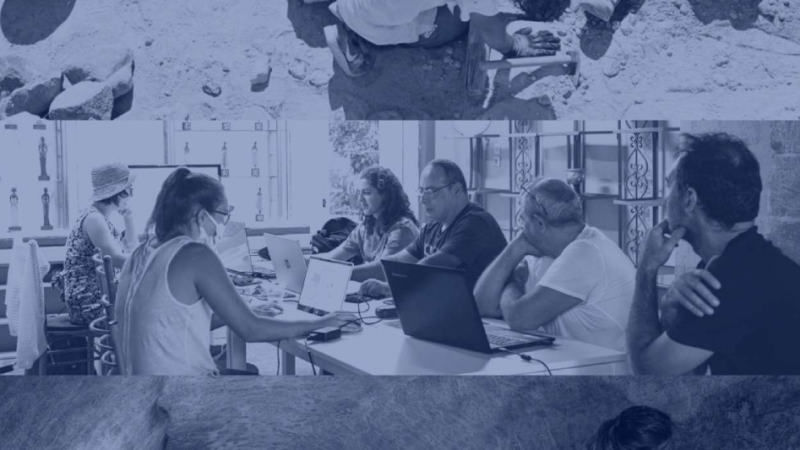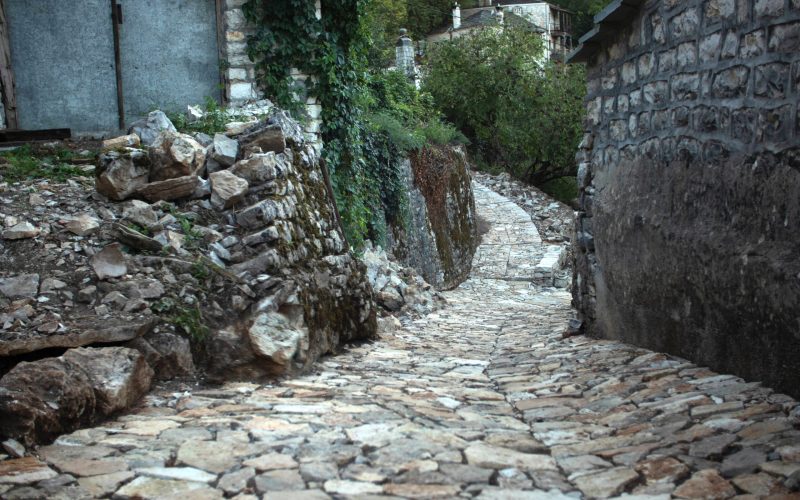- Educational material
“HERO – Heritage Ecological Renovation for Inclusion Opportunities – is an Erasmus+ cooperation project associating 5 partners organization involved in the field of heritage restoration, eco-construction, training, and social inclusion. Between 2021 and 2024, partners have gathered their expertise to develop, test, and improve new approaches to heritage restoration :
- Inclusive and adapted to people far from training and employment
- Eco-friendly and respectful of the environment
The H.E.R.O project was implemented under the Erasmus+ programme and was completed after 3 years (2021-2024) of transnational cooperation between 4 actors Acta Vista (France) leading partner, Bao Formation (France), Pour la Solidarite (Belgium), 4Grada Dragodid (Croatia), Boulouki (Greece).
